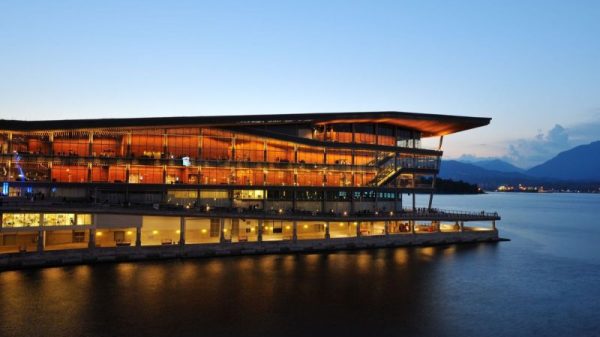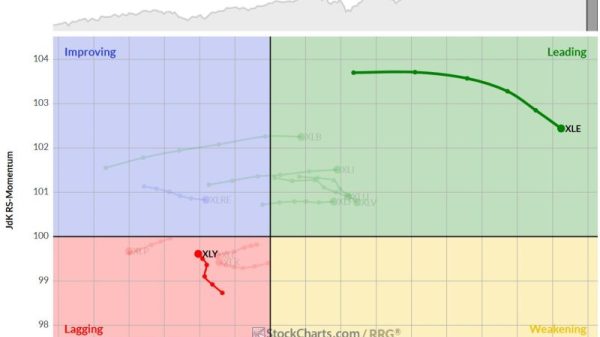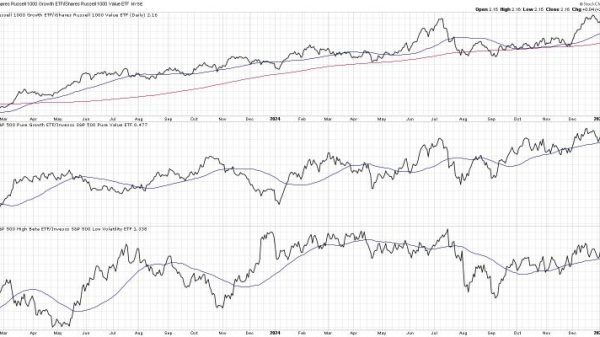Indonesia’s parliament postponed ratifying changes to an elections law on Thursday as protesters attempted to tear down the gates of parliament in the capital, following outcry over legislation seen to strengthen the political influence of outgoing President Joko Widodo.
The plenary session to pass the changes was delayed due to a lack of a quorum, legislator Habiburokhman told reporters outside the parliament building.
It is unclear if parliament will reconvene to pass the law before the registration for regional elections opens next Tuesday.
The parliament planned to ratify changes that would have reversed a ruling by the constitutional court earlier this week. The legislative changes would have blocked a vocal government critic in the race for the influential post of Jakarta governor, and also paved the way for Widodo’s youngest son to run in elections in Java this November.
The power struggle between the parliament and the judiciary comes amid a week of dramatic political developments in the world’s third-largest democracy, and in the final stretch of the president’s second term.
Widodo downplayed the concerns, saying on Wednesday the court ruling and parliamentary deliberations were part of standard “checks and balances.”
The home affairs minister said the changes were intended to provide legal certainty.
Thousands of demonstrators gathered outside the parliament building in Jakarta, some breaching part of a fence, but few daring to cross it. Others draped banners accusing Jokowi of destroying democracy, and carried colorful banners and props, including a mock guillotine featuring the president’s face.
Indonesian presidential spokesperson Hasan Nasbi called for calm, and urged protestors to avoid violence, as some scenes showed demonstrators also throwing rocks at parliament in Bandung.
Protests were held in multiple cities across the country, with tear gas fired at demonstrators in Semarang, TV footage showed.
“This is the peak of my disdain,” said Afif Sidik, a 29-year-old teacher who joined the protest outside parliament.
“This is a republic. It’s a democracy, but if its leadership is decided by one person, or an oligarch, we can’t accept that.”
Legal experts and political analysts have described the power struggle as bordering on a constitutional crisis.
Elections analyst Titi Anggraini characterized the maneuver as “constitutional insubordination.”
The street protests follow a wave of criticism online, with blue posters featuring the words “Emergency Warning” above Indonesia’s national eagle proliferating on social media.
The rupiah IDR= and Jakarta’s main stock index .JKSE slumped by midday Thursday, hit by concerns of protests as well as the country’s widening current account deficit.
The Constitutional Court on Tuesday revoked a minimum threshold requirement to nominate candidates in regional elections and kept the minimum age limit of 30 years for candidates.
That ruling effectively blocks the candidacy of the president’s 29-year-old son from contesting the race for deputy governor in Central Java, and would allow Anies Baswedan, the current favorite, to run in Jakarta.
But within 24 hours the parliament had tabled an emergency revision to annul the changes.
All parties except one agreed to the revision.
“Indonesian democracy is once again at a crucial crossroads,” Anies posted on social media platform X, urging legislators to remember its fate rested in their hands.
The parliament is dominated by a big-tent coalition aligned to the outgoing president, popularly known as Jokowi, and president-elect Prabowo Subianto.
Prabowo, who won a landslide victory in February’s elections, will be inaugurated on Oct. 20, with Jokowi’s eldest son, Gibran Rakabuming Raka, as his vice president.
Jokowi is facing mounting criticism for the increasingly bold ways his government is consolidating power, and his nascent political dynasty.
“The ruling of the constitutional court is final and binding,” said Bivitri Susanti, from the Jentera School of Law,
“It is not possible for the legislative body to violate the judiciary’s ruling. This is a power struggle.”


































